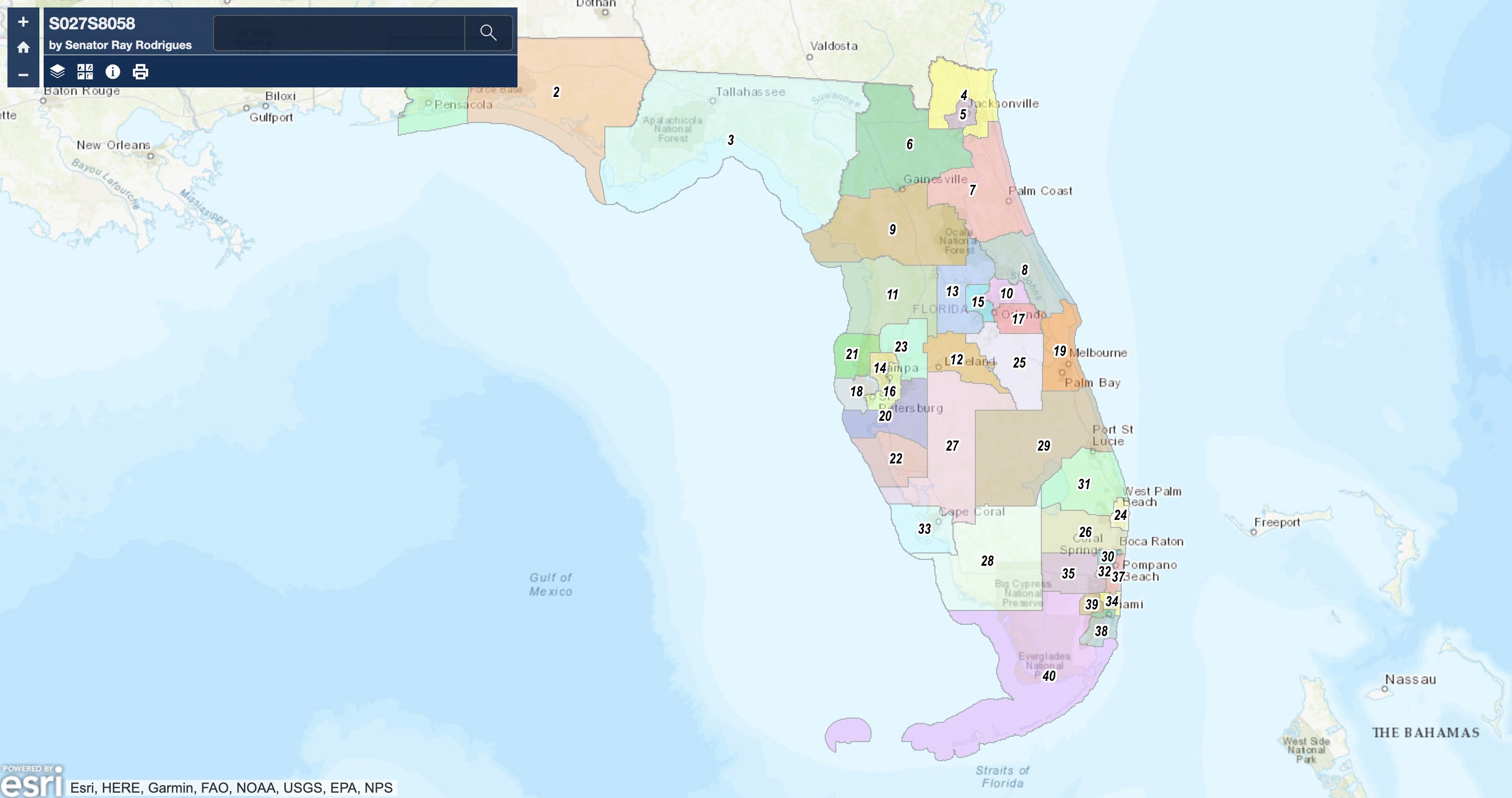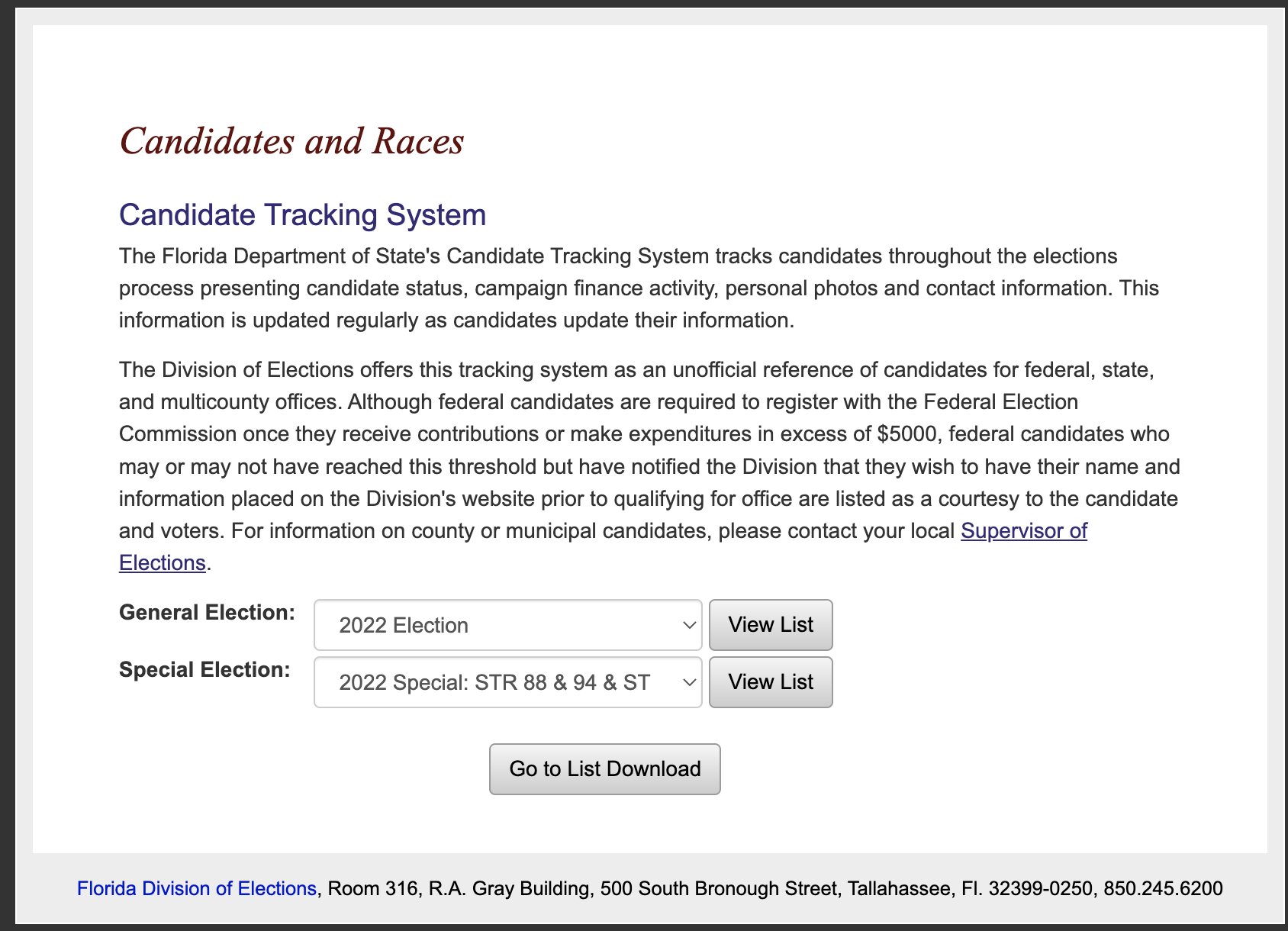
Democracy is on the Ballot
Here at Team Anna, we believe in being direct with our community, so I am not going to sugarcoat this: the future of American democracy is on your ballot.
We are lucky to have some incredible and thoughtful people who are running for public office this year, but we also have candidates that are aligned with extremists groups. Candidates who are attacking LGBTQ+ rights and stand opposed to gender equality and reproductive rights. Candidates who have voted against our workers, who have sided with corporate greed over protecting our environment, candidates who have allowed the affordable housing crisis to get worse and judicial candidates who are members of The Federalist Society.
One of the ways to fight back is to be an informed voter and influencer within your personal community. Never underestimate the power of your vote or your ability to inspire others to vote too.
We hope this page and these links serve as a means for you to become an informed voter. You can also check out Anna’s endorsed and recommended candidates here.
Researching State Legislative Candidates
When voting for your State House Representative and State Senator (or really any candidate), the first questions you want to ask yourself are:
- Who are they?
- Do they have a voting record I can check?
- Who is funding their campaign?
We’re going to do our best to provide you with the steps necessary to answer all three of these questions. As a State House Representative, these step are very focused on the State Legislature but you can apply these research tips to other elections too.
Finding Your State Representative and Senator
Each American has multiple individuals that are elected to serve the community at a different level of government. The first step to identifying who those people are is by confirm what districts you live in. Most of this information is confirmed via your voter registration card but you can also visit this link to identify who your State Representative and State Senator is.
You can also contact your local Supervisor of Elections Office (SOE) to learn more about upcoming elections. Click here to find your County SOE.
Once You’ve Confirmed Your Districts…
After confirming new State Legislative district numbers, go to Division of Elections website and see who your candidates are. If there are more than one person listed under your seat number with the same party affiliation, then there will be an August Primary and the winner will run in November.
This is where you can also research EVERY candidate running for office in Florida, and who their donors are.
Click here to visit the Division of Elections website; click on “View List” for 2022 candidates.
To check their donors, click on a candidate name and then click on “Campaign Finance Activity.” Team Anna actually did a virtual event on this years ago to help.
How to Research Your Candidates
Whether your candidate is running for the first time or has ran before, it’s incredible important to do your research.
First, a simple Google Search can yield potential results. Be mindful of propaganda websites and fake news; unfortunately Florida is home to several blogs that are intentionally misleading and report opinion as fact. You should also check their social media outlets; see what candidates have posted or what posts they “like.” Contact them directly if you have a question.
If your candidate is an incumbent, then you can check their voting record. You can visit the Florida House and Senate websites to check how they voted on certain bills; you can also visit the endorsement pages of trusted organizations to see how they interpreted the candidate’s voting record.
Organizations like The League of Women Voters and your local newspaper will often post candidate interviews that you can also watch to help inform your decision. For example, 411.org is an excellent resource of objective candidate information.

If that doesn’t work, these are the links to new State House and State Senate maps. If you type your address into the box on the top left corner, you can confirm your new district numbers, too.
- State Senate: Click Here
- State House: Click Here
Though our efforts on this page are more focused on Local Elections, you can also see the current Congressional map here.

Are You Ready To Vote?
School Board Races & Other Local Positions
There are several QAnon and Proud Boy affiliated candidates running for public office this year, including for School Board. Please click here to learn more via Florida Extremist Watch. This website will also help to identify judicial candidates affiliated with The Federalist Society and/or other extreme groups. 411.org is another great resource for candidate research too.
The research tips provided above for State Legislative candidates can also be used when researching federal and local candidates.
State Supreme Court Merit Retention
This November, we’re not just voting on politicians: we’re also voting to retain or reject FIVE members of the Florida State Supreme Court.
The highest court in Florida is the Supreme Court, which is composed of seven justices. At least five Justices must participate in every case and at least four must agree for a decision to be reached. Learn more here.
Justices are appointed by the Governor, and now for the fourth time, Governor Ron DeSantis will fill another vacancy on the Florida Supreme Court. Newly appointed judges serve for at least one year, after which they appear in a yes-no retention election held during the next general election. If retained, judges serve six-year terms. Under the Florida constitution, a judge must retire at age 75.
The terms of five Florida Supreme Court justices will expire in 2023, meaning these five seats are up for retention election on November 8, 2022.
The Florida Democratic Progressive Caucus recommends a NO vote on retention for all State Supreme Court Justices, except for Judge Labarga. Judge Labarga tends to be the lone dissenting vote compared to his more extreme colleagues.
County Judge, Circuit Judge, and Appellate Judge Elections
In Florida, both county and circuit judges are trial judges. County judges hear criminal misdemeanors – those are crimes that have possible sentences of up to one year in jail – and civil cases in which the amount in dispute is $30,000 or less. Circuit judges deal with criminal felonies, domestic relations, juvenile matters, probate issues and civil cases in which the disputed amount is greater than $30,000.
Judges on the five District Courts of Appeal and the Florida Supreme Court review the decisions of county and circuit trial courts.
Note that not all judges are elected in Florida. Currently, most circuit and county court judges are elected. If there is a mid-term vacancy – for example, if a judge retires, resigns or dies before the end of the judge’s term – the Governor fills the position by appointment. Additionally, Florida Supreme Court justices and District Court of Appeal judges are appointed by the Governor and then run in merit retention elections to stay in office.
These are incredibly important nonpartisan races to vote in. Judges make decisions on a wide range of issues large and small including traffic, small claims, landlord-tenant, personal injury, criminal, death penalty, probate, guardianship and others. Learn more from The Florida Bar here.
Click here to see the 2022 Judicial Candidate Voluntary Self-Disclosure Statement program, and here for a recent forum focused on Circuit 9 Judicial Candidates hosted by The League of Women Voters of Orange County.
You can also click here for Central Florida voting guide focused on Judicial Candidates.
Curious for Anna’s Recommendations?
If you live in Orange County or are curious if Anna has made an endorsement in your State Legislative race, click here to see who Anna is supporting.
